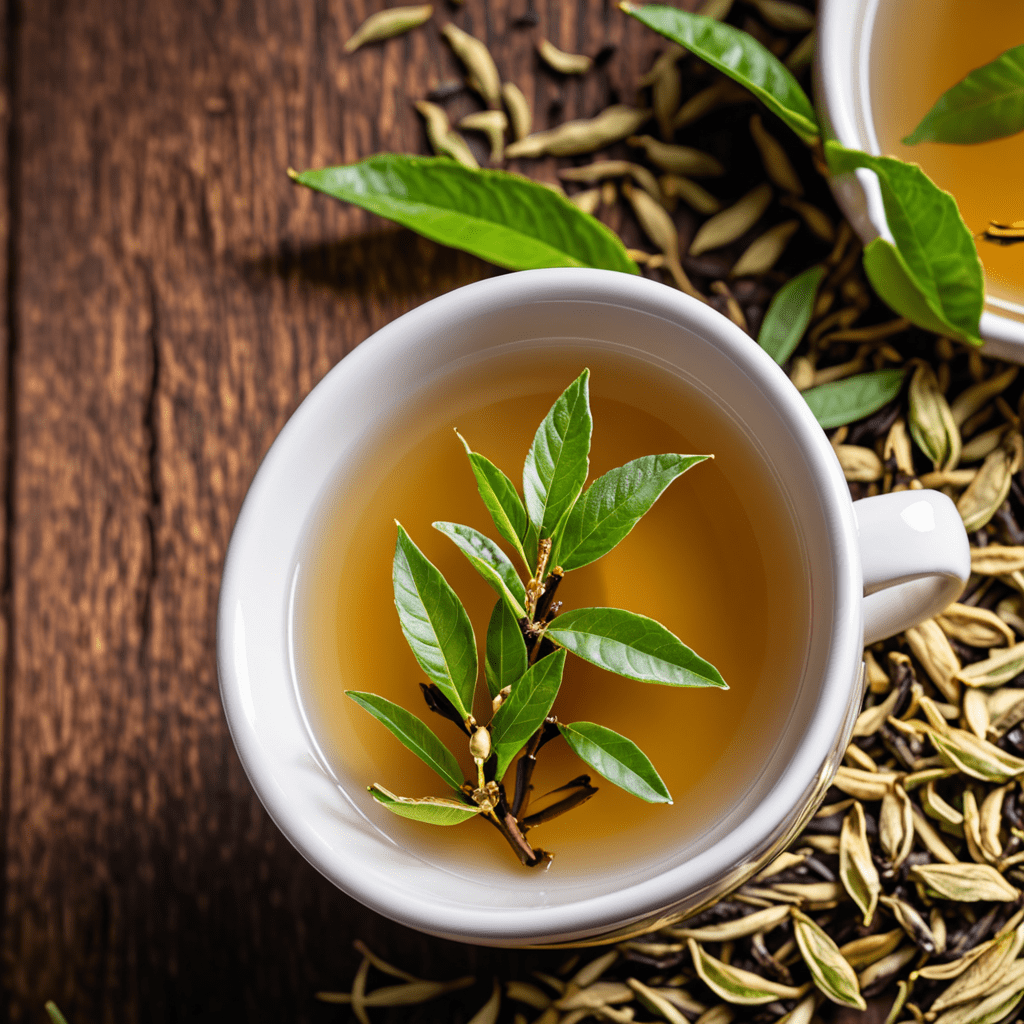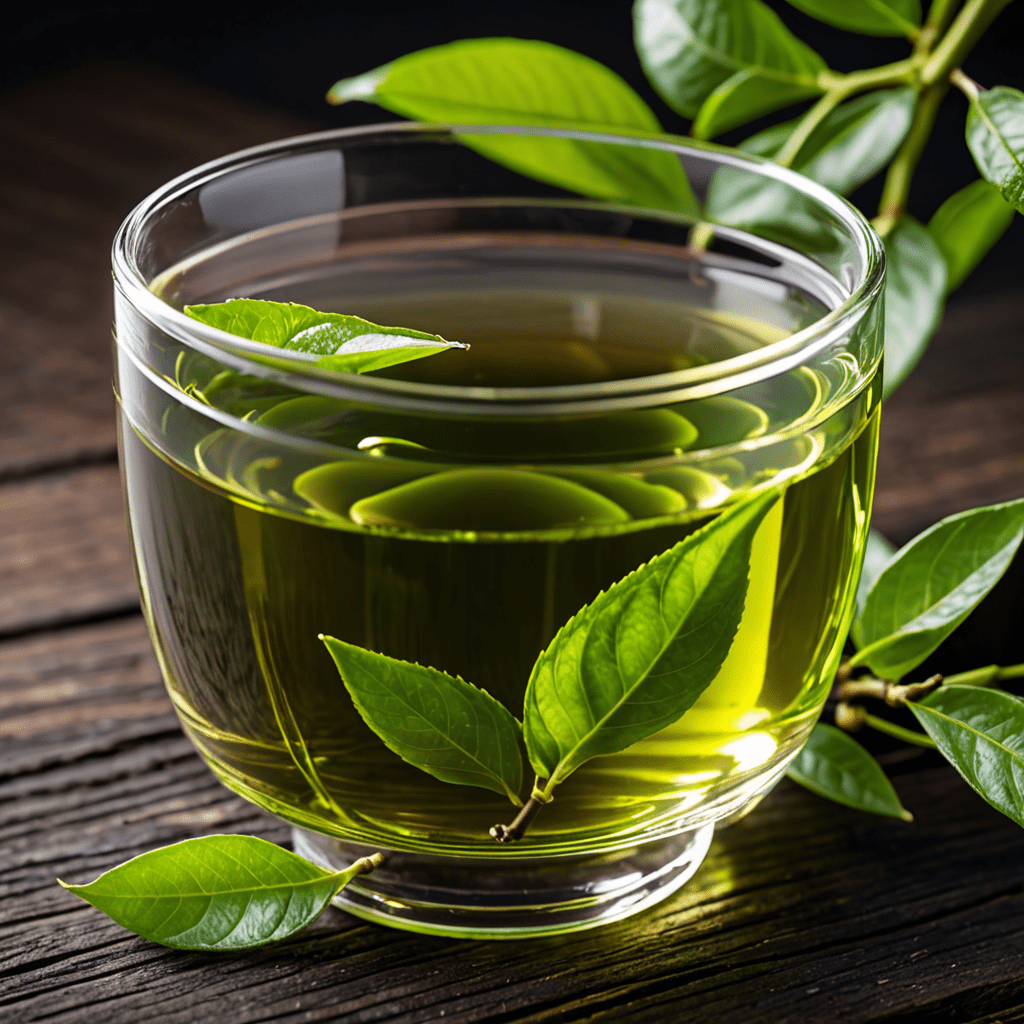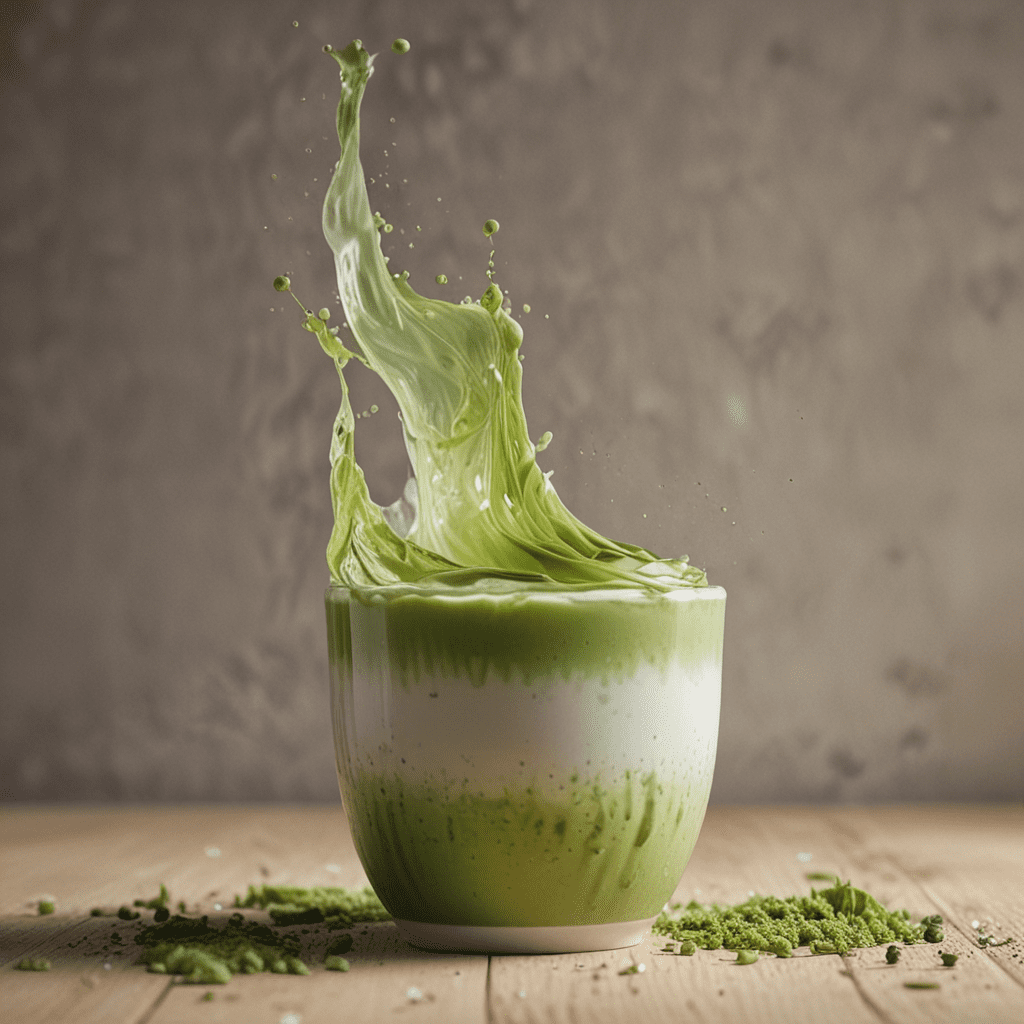Exploring the Antioxidant Power of White Tea
When it comes to healthy beverage choices, white tea has been gaining attention for its remarkable antioxidant properties. Let’s delve into the world of white tea and uncover the science behind its antioxidant benefits.
The Origins of White Tea
White tea originates from the Camellia sinensis plant, just like green and black tea. What sets white tea apart is that it is minimally processed, allowing it to retain a higher concentration of antioxidants compared to other types of tea.
Understanding Antioxidants
Antioxidants are compounds that help neutralize free radicals in the body, reducing oxidative stress and lowering the risk of chronic diseases. White tea is rich in polyphenols, particularly catechins, which are powerful antioxidants known for their health-boosting effects.
Health Benefits of White Tea
Research suggests that white tea’s antioxidant properties may contribute to various health benefits, including improved heart health, enhanced immune function, and potential protective effects against certain types of cancer.
Antioxidant Levels in White Tea
Studies have shown that white tea contains higher levels of antioxidants compared to green tea and black tea, making it an attractive choice for those seeking to maximize their antioxidant intake through dietary sources.
Incorporating White Tea Into Your Routine
Whether enjoyed hot or cold, white tea can be a refreshing and healthful addition to your daily routine. From loose leaf white tea to convenient tea bags, there are numerous options available to suit your preferences.
Maximizing Antioxidant Absorption
To maximize the absorption of white tea’s antioxidants, consider brewing it at the recommended temperature and allowing it to steep for the appropriate duration. This will ensure that you derive the maximum benefit from its antioxidant content.
Experience the Antioxidant Power of White Tea
With its delightful flavor and potent antioxidant properties, white tea stands out as a valuable addition to a balanced lifestyle. By incorporating this exceptional beverage into your routine, you can savor its numerous health benefits while indulging in a truly satisfying tea-drinking experience.
White Tea and Its Antioxidant Properties FAQ
What is white tea and how is it different from other types of tea?
White tea is a minimally processed tea made from young tea leaves and buds. It is unique because it undergoes minimal oxidation compared to other types of tea such as green, black, or oolong tea, which are more oxidized.
What are the antioxidant properties of white tea?
White tea is rich in antioxidants, particularly catechins and polyphenols. These compounds help combat free radicals in the body, reduce oxidative stress, and contribute to overall health and well-being.
How do antioxidants in white tea benefit health?
Antioxidants in white tea have been linked to various health benefits, including improved heart health, reduced risk of chronic diseases, enhanced immune function, and potential anti-aging effects. They also help protect cells from damage caused by harmful molecules.
Are there any specific antioxidants found in white tea?
Yes, white tea contains a specific type of antioxidant called epigallocatechin gallate (EGCG). This potent antioxidant is known for its various health-promoting properties and is more abundant in white tea compared to other types of tea.
How can one incorporate white tea into their daily routine to benefit from its antioxidant properties?
To maximize the antioxidant benefits of white tea, it can



